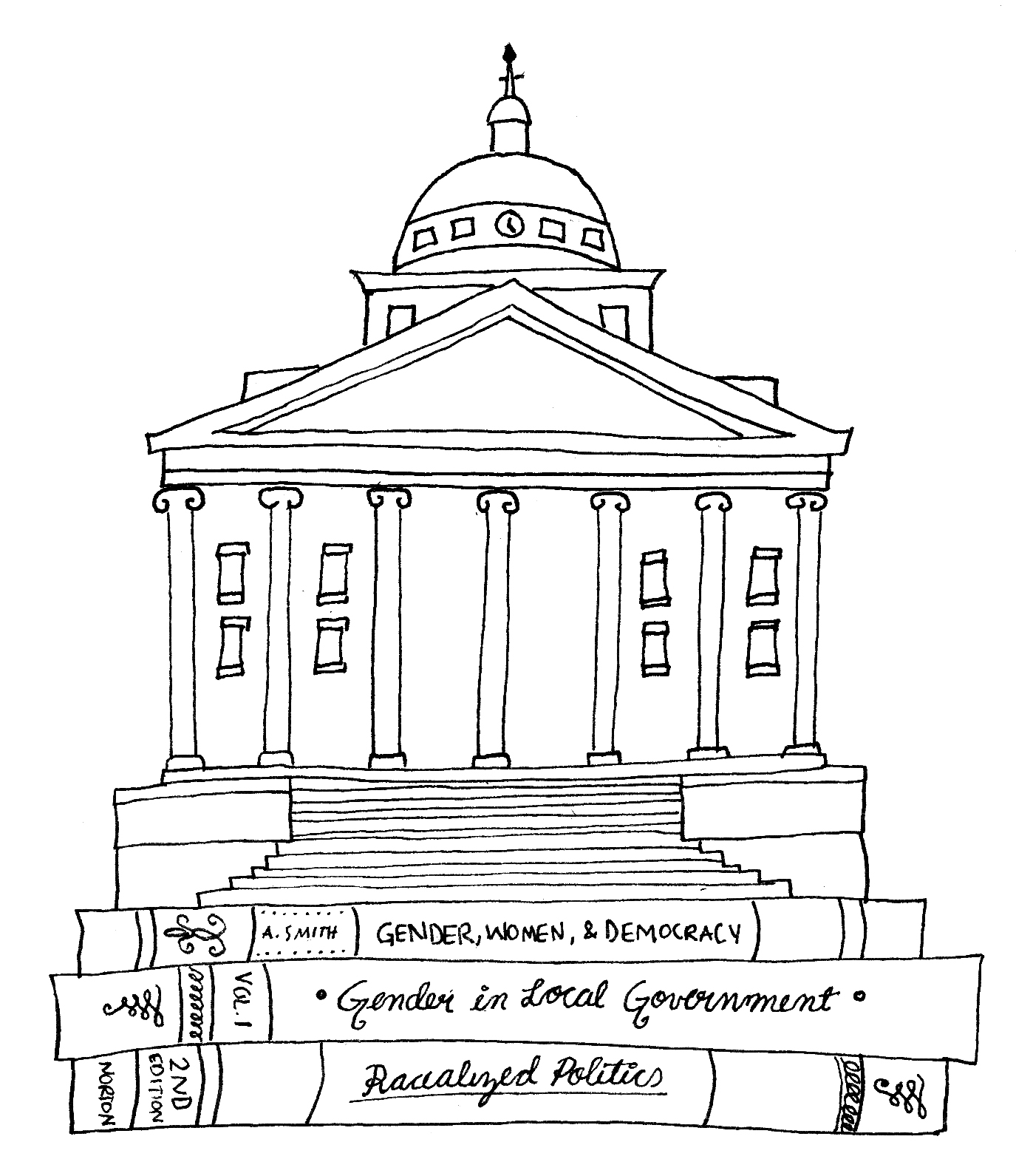Bowdoin’s government department must be revamped and modernized
April 26, 2017
 This
piece represents the opinion of the author
.
This
piece represents the opinion of the author
.
Bowdoin’s Department of Government and Legal Studies has an incredible reputation. But it is clear to me that its highly ranked status has in fact impeded the department’s motivation to improve. Bowdoin’s government department was the only department that escaped criticism in the 2013 National Association of Scholars (NAS) report—a report in which the major criticisms of Bowdoin were that it is accepting of different gender and sexual identities, that it emphasizes multiculturalism and that it does not focus enough on traditional American and Western political values. The fact that such a reactionary report singled out the government department for praise suggests something concerning.
Our government department woefully undercovers issues of contemporary political importance. We do not have any classes about gender and politics—a pretty standard subject at our peer schools. We also rarely have had classes that focus on race and politics. It is fortunate that Bowdoin has hired a tenure-track professor to teach “Race, Ethnicity, and Politics” for next year, but hiring a professor to teach about racial issues should been done years ago. Our political theory department only teaches Western political philosophy, the vast majority of which is from the 19th and early 20th centuries (or earlier). This seems to imply that the only political theory worth teaching is from a specific part of the world and a specific era, while ignoring contributions from a much more diverse group of individuals writing closer to today.
A look at the course catalogue at Bates College will quickly indicate what Bowdoin’s government department is missing. (I choose to discuss Bates here because of its proximity to Bowdoin, but this trend holds true at other NESCAC schools as well). Based on its list of courses from this past year, the Bates government department offered (based on their titles) nine courses that deal with gender, three courses on sexuality and six courses that address race and ethnicity.
Similar to Bowdoin, Bates has concentrations within the major. However, its concentrations are more relevant to today than the ones Bowdoin has. Our concentrations—Political Theory, American Politics, International Relations and Comparative Politics—reflect a somewhat outmoded understanding of how to divide politics—essentially by region and historical discipline. In contrast, Bates’ concentrations are much more forward-thinking. Its concentrations include: institutional politics; identities and interests; political economy; philosophical, literary and legal studies; and governance and conflict. These categories reflect a global and multi-faceted understanding of the world, one that works across regions to look at broader themes.
Introducing these important topics at Bowdoin would not necessitate a trade-off. We can continue to teach classics while also expanding our offerings. Bates is able to offer Western Political Theory, three different types of Constitutional Law (one more than we do), a wide variety of courses on American politics and also offer classes like The Household and Political Theory, Race and U.S. Women’s Movements and Politics of Race, Gender, and Sexuality in Brazil.
This critique is in no way a criticism of any professors or their classes. It is not that our current offerings are somehow “bad,” but that we need an expanded range of offerings—offerings that are more reflective of contemporary politics. Traditional understandings of who and what is acceptable to study is becoming less and less important, except here and at places like Bowdoin that refuse to change. This could positively impact and diversify the group of people who chooses to study government at Bowdoin as well. Perhaps classes that focused more on gender in the political theory department might attract more women to a concentration that is overwhelmingly dominated by men.
The wide acclaim of Bowdoin’s government department means that it should be a leader in what colleges are learning, not stuck in the past. It’s time to bring the government department into the modern era.


Comments
Before submitting a comment, please review our comment policy. Some key points from the policy: